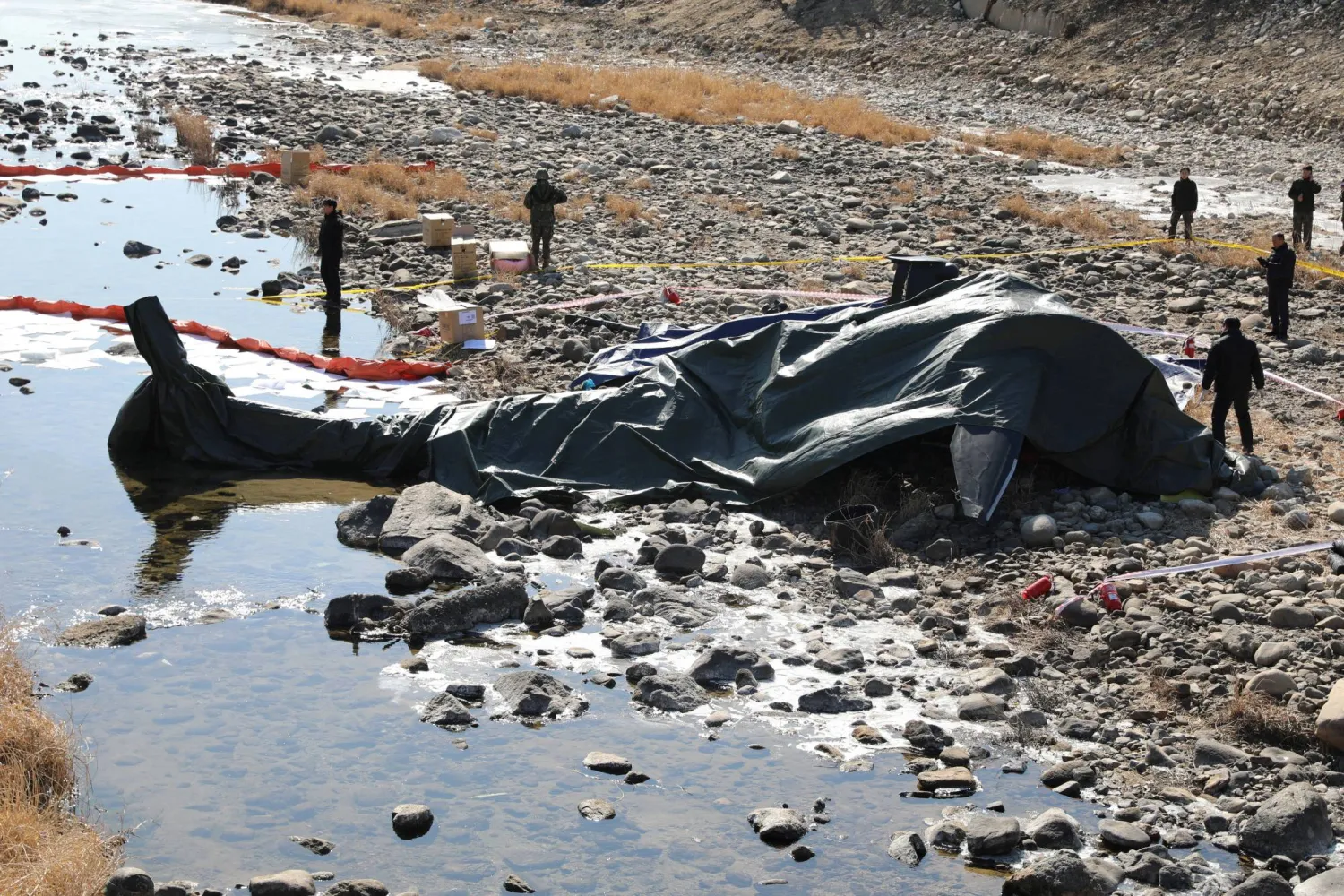Iranian President Masoud Pezeshkian called on Tuesday for the “management” of the tense relations between Tehran and Washington, emphasizing the need to “deal with enemies with patience.” This statement comes a week after Donald Trump’s victory in the US presidential election.
According to official media, Pezeshkian told current and former senior officials in the diplomatic sector that Iran cannot ignore its longstanding adversary, the United States.
“Whether we like it or not, we will have to engage with the United States on both regional and international fronts; therefore, it is better that we manage this relationship and confrontation ourselves,” he stated.
Pezeshkian was speaking at an “advisory” meeting on foreign policy with former Iranian FMs and members of his administration, including Ali Akbar Velayati and Kamal Kharazi, the top advisors to the Supreme Leader on international affairs and foreign policy, along with former foreign minister and head of the Atomic Energy Organization, Ali Akbar Salehi.
The Iranian presidency’s website quoted Pezeshkian as saying that his administration’s approach to foreign policy would be “within the framework of a comprehensive strategy aligned with the directives of the governing system,” indirectly referencing Supreme Leader Ali Khamenei.
The reformist-backed president stated: “We must treat our friends generously and approach our enemies with patience,” underscoring the importance of managing foreign relations and addressing international tensions to solve internal issues and promote development.
Several officials in Pezeshkian’s administration, along with pro-government newspapers, have hinted at discussions on the possibility of high-level negotiations with the Trump administration.
Earlier on Tuesday, government spokesperson Fatemeh Mohajerani stated that Iran would pursue whatever serves its “interests,” in response to a question on potential direct talks with the Trump administration.
“The government will strive to achieve whatever ensures the country’s interests and the values of the revolution,” she said, according to the government’s ISNA news agency.
She added that the final decision on negotiations rests with Supreme Leader Ali Khamenei and the Supreme National Security Council under his authority.









